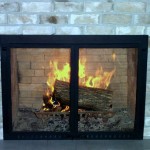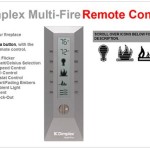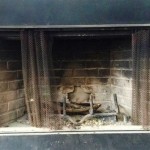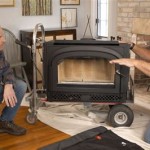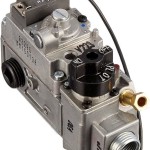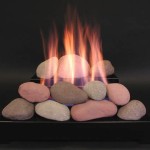## Wood Burning Versus Gas Fireplace: Essential Aspects to Consider Choosing between a wood-burning and a gas fireplace can be a tough decision, as both offer their own unique set of advantages and disadvantages. To help you make an informed choice, here's a comprehensive comparison of the essential aspects of each type of fireplace. ### Aesthetics and Ambiance Wood-burning fireplaces evoke a traditional and cozy ambiance, with the crackling of the fire and the scent of the burning wood. They provide a mesmerizing focal point and can add character to any room. Gas fireplaces, on the other hand, offer a more modern and sophisticated look, with their sleek designs and the ability to customize the flame appearance. ### Heat Output and Efficiency Wood-burning fireplaces generally provide more heat output than gas fireplaces, as they burn real wood. However, they can be less efficient, as a significant amount of heat escapes up the chimney. Gas fireplaces are more efficient, as they produce less heat loss and can be controlled more precisely with a remote control. ### Fuel Costs and Availability The cost of fuel is an important factor to consider when choosing between a wood-burning and a gas fireplace. Wood is generally less expensive than gas, but it requires more labor to obtain and store. Gas is more convenient, as it is typically piped into your home, but it can be more expensive. ### Installation and Maintenance Wood-burning fireplaces require a chimney and a hearth, which can add to the installation cost. They also require regular maintenance, such as cleaning the chimney and inspecting the firebox. Gas fireplaces are easier to install, as they do not require a chimney and can be vented through a wall or roof. They also require less maintenance, as they do not produce ash or creosote. ### Safety Considerations Both wood-burning and gas fireplaces can be safe, but it is important to take certain precautions. Wood-burning fireplaces should be used with a fire screen and should not be left unattended. Gas fireplaces should be inspected regularly and should have a carbon monoxide detector installed nearby. ### Environmental Impact Wood-burning fireplaces have a greater environmental impact than gas fireplaces, as they produce smoke and particulate matter. Gas fireplaces, on the other hand, are more environmentally friendly, as they produce fewer emissions and do not contribute to deforestation. ### Conclusion Ultimately, the best choice between a wood-burning and a gas fireplace depends on your individual needs and preferences. If you value the traditional ambiance and the higher heat output of a wood-burning fireplace, but are willing to put in more effort for maintenance and fuel storage, then it may be the right choice for you. If you prefer a more modern and efficient fireplace, with lower maintenance and fuel costs, then a gas fireplace may be a better option.

Gas Stoves Vs Wood Burners The Fireplace Studio

Gas Stoves Vs Wood Burners The Fireplace Studio

Gas Firepace Vs Wood Fireplace Why Is The Best Choice Draft Control Heating Cooling

The Top 3 Reasons To Choose A Gas Insert Over Log Set Hearthside Hearth Blog

Gas Stoves Vs Wood Burners The Fireplace Studio
.aspx?strip=all)
How To Diffeiate Inserts Fireplaces Regency
Gas Wood Pellet Electric Which Fireplace Or Stove Is Right For You Marshall S Inc

Gas Vs Wood Fireplaces A Guide Chimney Com

Gas Vs Wood Fireplaces A Guide Chimney Com

Can A Wood Burning Fireplace Be Converted To Gas The Flame Company

